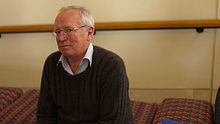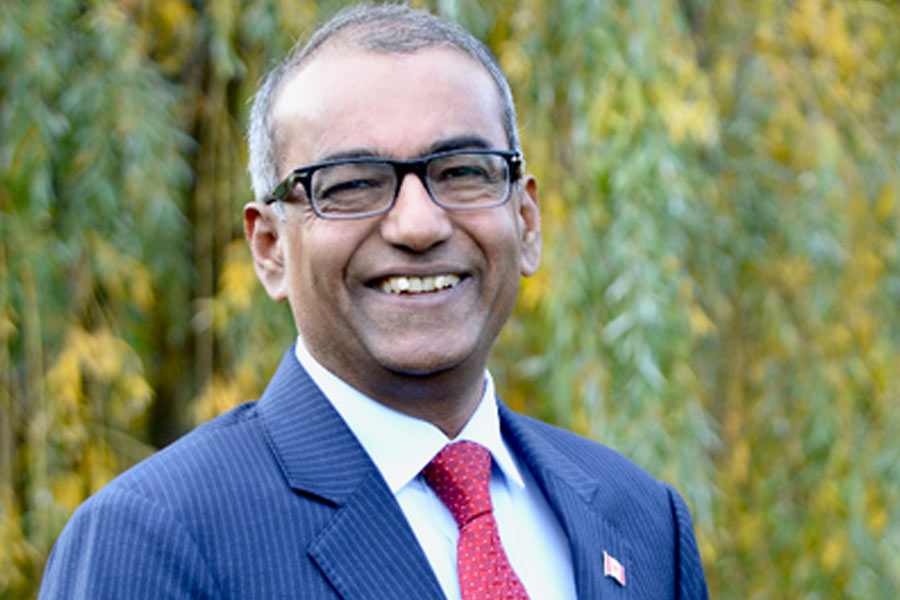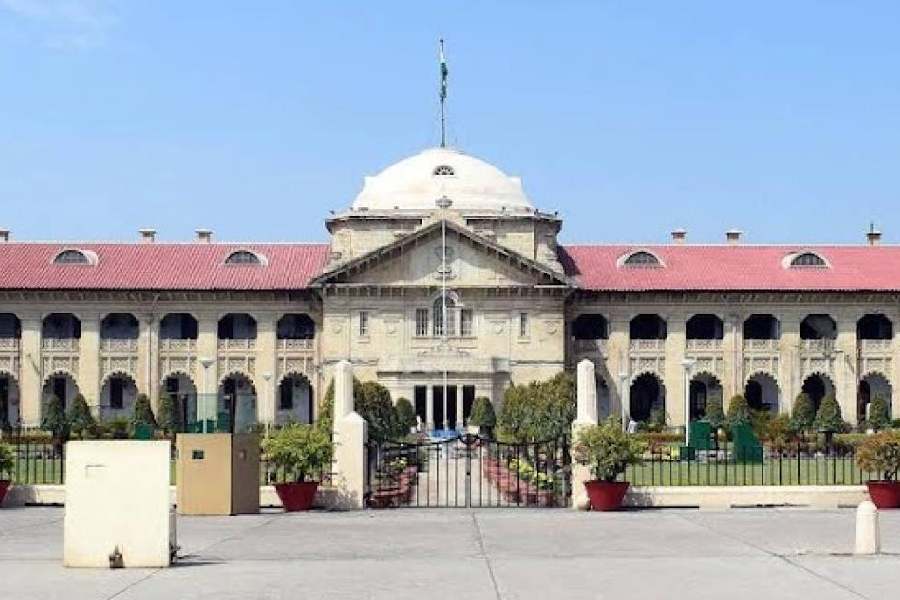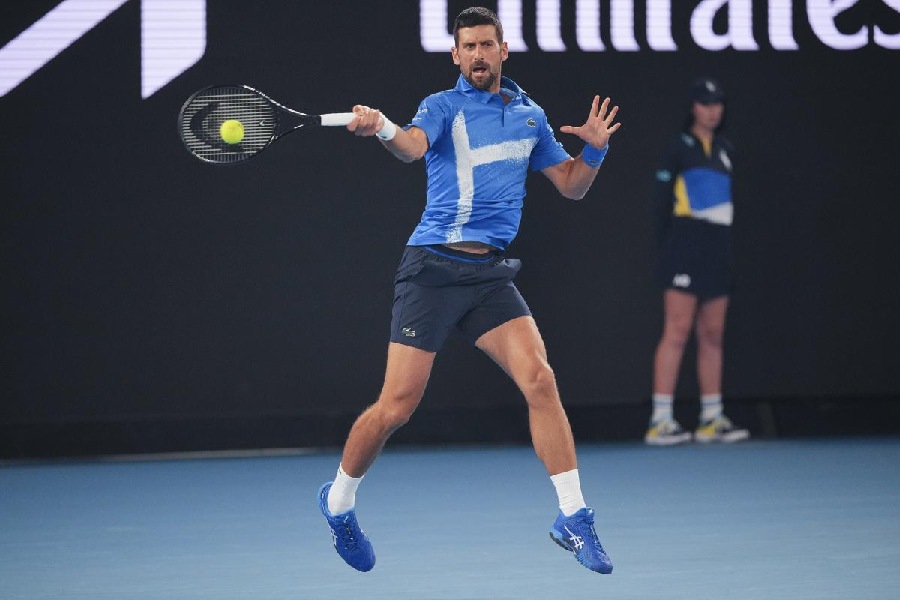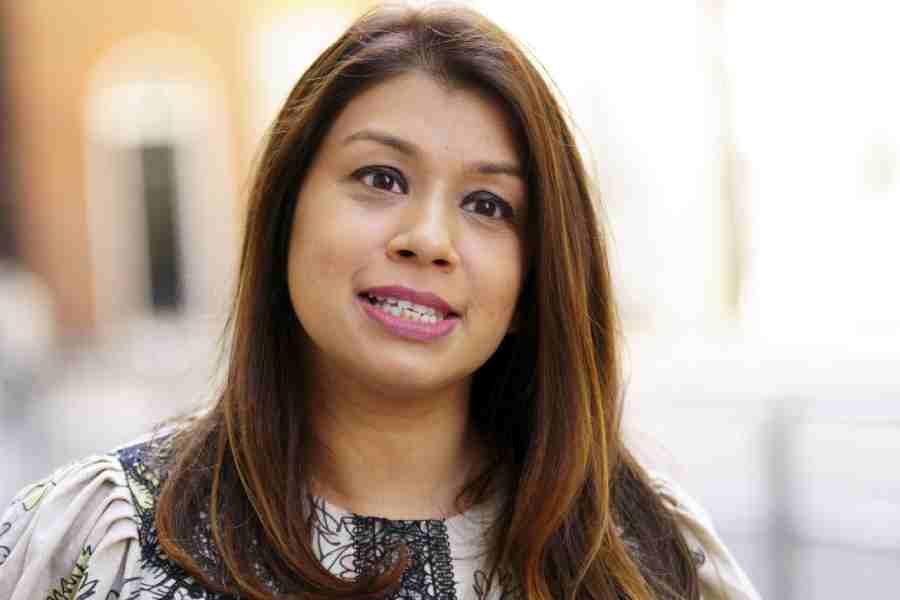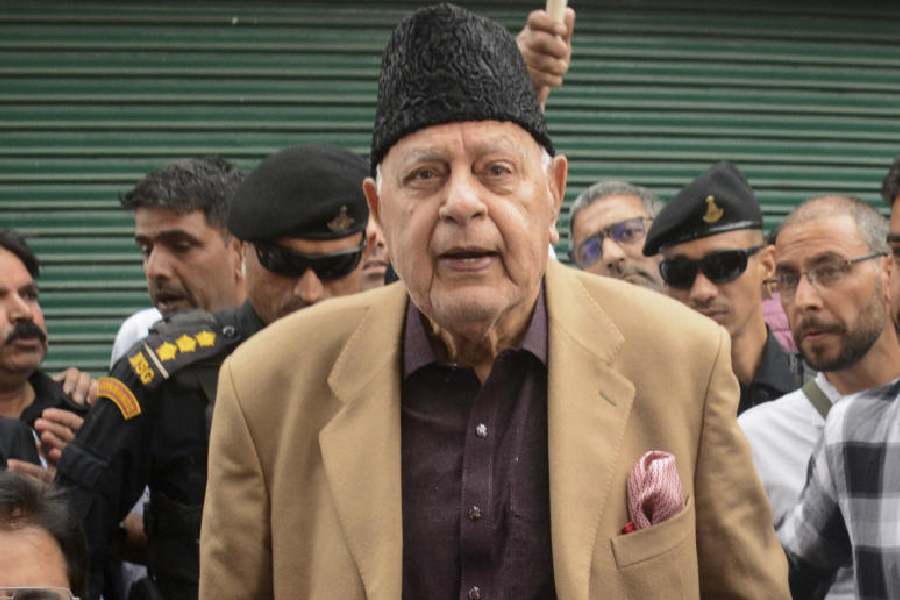When I reached Cambridge in 1989, I began to subscribe to The Independent because of my interest in Robert Fisk. I had already read his precise writings with undimmed anger on the politics of Northern Ireland, the Lebanese Civil War and the Carnation Revolution in Portugal in 1974. I recall his perceptive documentation of the carnage of thousands of Palestinians by Israel at Sabra and Shatila in 1982. Being on the spot, he was the first to speak out against Israel and the American involvement in the region, showing a nerve few reporters would today.
John Pilger and Robert Fisk are two war correspondents who have long been regarded as dissenting voices, their only enthusiasm being the pursuit of truth in their own different ways and going to great lengths, in the words of Pilger to “[report] from the ground up, from the point of view of both civilians and combatants because most wars now are against civilians directly or indirectly”.
What matters most is being with those who are under fire. This is vital for journalists to comprehend the agenda of the conflict, more so from the viewpoint of history. History, according to Fisk, is what underpins the craft of reporting: “One of the things I always say to some of my younger colleagues when they’re going off on a story is take a history book. Don’t just go there and report it as if it’s a crime story. Take a history book.” For his reporting on the Middle East, Fisk had come to grips with the Holocaust, the Armenian genocide and the nature of new states being ‘carved’ out of the Middle East. The flourish of his intellectual confidence and his unflinching commitment were apparent in every piece that he wrote. As a journalist, he was not without his political concerns for Palestinian nationalism and the continuous turmoil that had become its nightmare.
Fisk never minced his words on the urgency of addressing the question of debate and dissent when it came to important issues facing the world. “We need to stand up for commitment to a more open society where the basic human values and the virtues of independence of thought, are upheld.” This was the raison d’être of his ideology, a robust attempt at defining the essence of democracy. The public world pressed insistently on his private world, enabling him to use journalism to “challenge authority, especially so when governments and politicians take us to war”. For example, his mood of impassioned critique on the deplorable role of Tony Blair in leading Britain to war in Iraq was to a great extent a reflection of the public mood of anger in the country against the leadership for its entry into war on the grounds of a hollow nationalism. He held the affairs of the underdog and the value for human life in a wider perspective as opposed to the short-sighted expediency of his country’s leadership. Not hesitating to write convincingly on Nato’s propaganda operations during the 1999 bombing of Yugoslavia and Kosovo, he underscored the professional imperatives that determined his stand, and not the military pressures and market forces that often signify biased reporting. As he wrote scathingly, “Most of the journalists at the NATO briefing were sheep. Baaaa Baaaaa! That’s all it was.”
Fisk died in October this year. His death leaves behind a vacuum in the intellectual world. Fisk couldn’t make it to Beirut where he had lived for over three decades, engaged in daring frontline reporting on the Russian invasion of Afghanistan, the Iranian revolution, the Iran-Iraq war, and the invasion of Iraq in 2003. But his haunting presence and fearless disposition would continue to influence war journalism for years to come. Fisk’s meetings with Osama bin Laden in the 1980s or with the Libyan dictator, Muammar Gaddafi, will be long remembered for his courage and sharp-eyed analysis, an inspiration for war correspondents for times to come.
Fisk evolved a new vocabulary and a daring style to transform our understanding of conflict into a meaningful experience, something that every reader could relate to in his/her everyday life. His razor-sharp prose made sense of contemporary upheavals in terms of history, context and human cost. With full faith in the human ability to identify with people who directly experienced the violent and painful horrors of war, he worked with a vision and a sensibility to present not only the human cost of war but also compelled us to rethink our attitude to conflict without prejudice.
He resisted political, military and institutional demands and interference. This prevented him from accepting the official narrative as factual without first questioning it or finding an alternative. He combined emotion and intellect to sustain his journalism.

